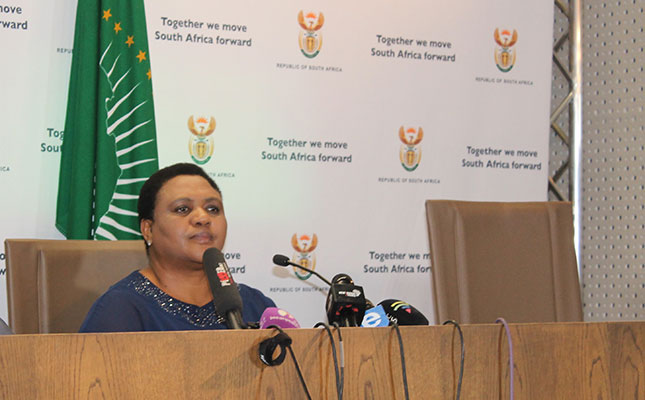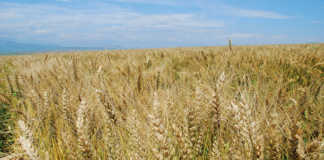
Photo: Siyanda Sishuba
The South African Cabinet has accepted 60 of the 73 recommendations made in the report by the Presidential Advisory Panel on Land Reform and Agriculture.
Speaking at a recent media briefing, Minister in the Presidency, Jackson Mthembu, said this followed a Cabinet meeting on 13 December.
The report, aimed at guiding future dialogue around land reform, was met with some resistance from organised agriculture when it was published for public comment earlier this year.
One of the main points of contention was the panel’s support for amending Section 25 of the Constitution to broaden the scope for Government to expropriate land and other property without compensation.
All government departments affected by the proposed amendments were tasked with studying the recommendations in the report relating to their respective portfolios and provide feedback, which was then presented to Cabinet.
In a parallel process, an ad hoc parliamentary committee was established earlier this year to examine ways in which the Constitution could be amended to more readily allow for expropriation of land without compensation.
This resulted in the drafting of a Bill which was officially published in the Government Gazette on 13 December.
Committee chairperson, Dr Mathole Motshekga, said the publication of the Draft Constitution Eighteenth Amendment Bill now opened the door for public participation.
The committee further intended to publish an advert on 2 January 2020 calling for public comment until 31 January 2020.
Several changes have been suggested to the wording of Section 25 of the Constitution in the Bill, which included amendments to those subsections which related to compensation, to allow the courts to determine that compensation may amount to nil rand where land is expropriated for the purposes of land reform.
The proposed amendments further included that national legislation needed to “set out specific circumstances where a court may determine that the amount of compensation is nil”.’
At a media briefing held in Pretoria on 19 December, Minister of Agriculture, Land Reform and Rural Development, Thoko Didiza, said one of the recommendations from the panel’s report that were not supported was the proposed review of the Office of the Valuer-General and its function in-line with the Property Valuations Act.
“The panel also recommended that land reform must be informed by an agreed vision for agrarian reform. The view of government is that the current White Paper on Land Policy of 1997 is still adequate as it covers a broad implementation of land reform to address unequal land ownership patterns in our country,” said Didiza.
There was also not consensus agreement, she said, on the panel’s recommendation to create a dedicated land reform fund.
Commenting on the recommendation, Peter Setou, CEO of the Vumelana Advisory Fund said: “As we all are looking forward to taking some rest during the festive season, it is important to not forget our civic duty. All key stakeholders and South Africans in general should commit some time to review the draft Bill and prepare to engage with the parliamentary process before the closing deadline for public commentary on the Bill.”
It was important, said Setou, to engage with the process aimed at amending the Constitution and urgently address the current challenges besetting land reform.
“The challenges faced by the current beneficiaries of land reform must be addressed since failure to do this will only compound the problem as more land gets acquired.”
Once the public comment phase of the process has been concluded, the Bill will be tabled in Parliament before being put to a vote in the National Assembly.











